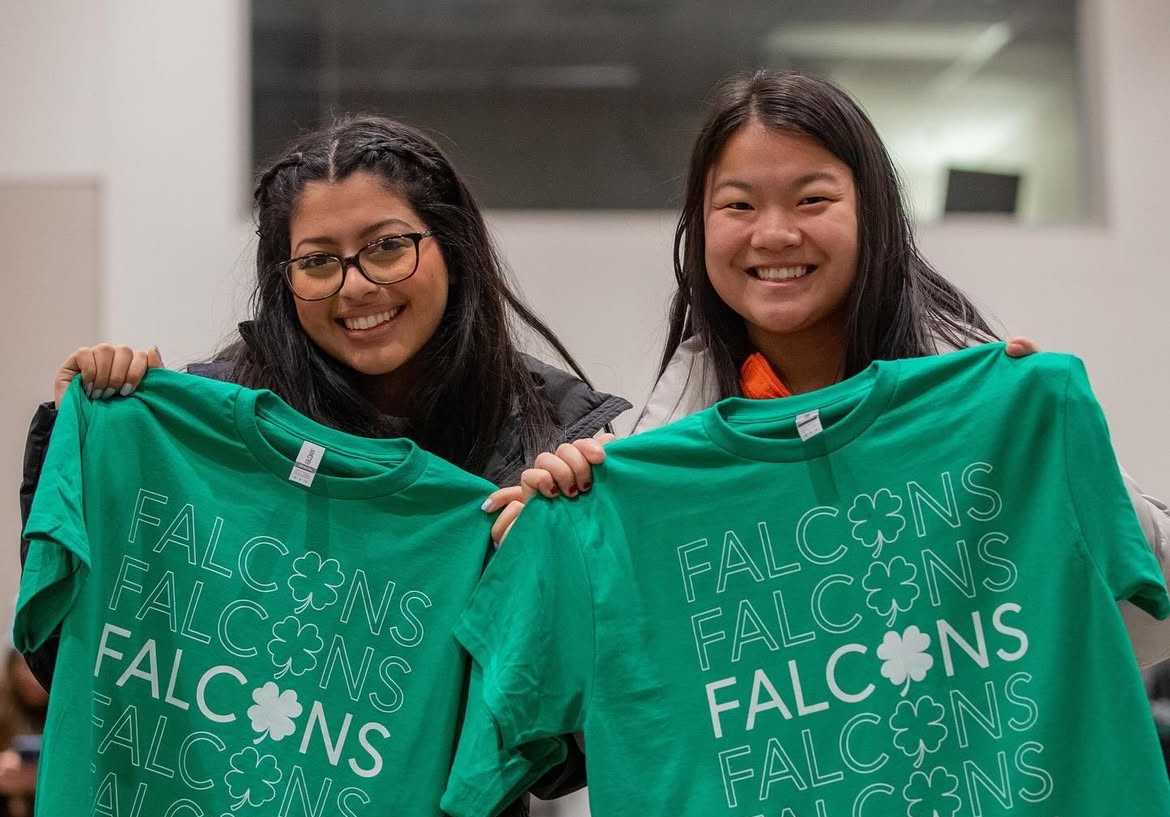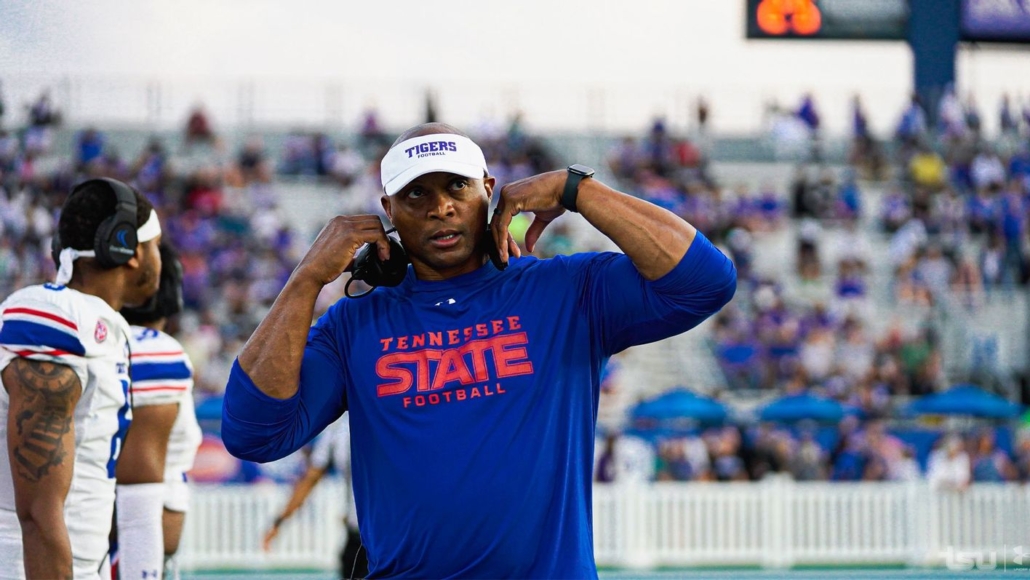Women have come a long way since the 1970s in terms of equality, but according to several women’s groups on campus, they still have a long way to go in the face of adversity.
The University’s Women’s History Month, hosted by the Women’s Center and the Women’s, Gender, and Sexuality Program, presents women with a chance to reflect on their accomplishments and achievements while asking the community for feedback on their progress and future focus.
Susana Pena, director and graduate coordinator of the Women’s Studies Program said this month’s theme is “Covering Women: Journalism, Politics and Activism.”
During events throughout March, student feminist groups will hand out sheets of paper in the form of speech bubbles, asking what people think the groups should focus on, Pena said. The comments will then be collected and put on display during the final symposium March 30, reflecting the ideas of the whole community.
”We try to raise awareness of feminism and what it means,” said senior Jessica Zur-Linden of the Organization for Women’s Issues, a group helping with and participating in the event series. “Women’s issues are not just for women; everyone is responsible for helping.”
Some key issues currently facing women are contraception and abortion, which have been getting a lot of attention due to the presidential nominee campaigns and debates, she said.
“We want to bring attention to women’s inequity, gender inequity,” said Marne Austin, president of the Graduate Women’s Caucus. “We’ve come a long way and have a long way to go and that’s apparent in current politics.”
Austin pointed out presidential candidate Rick Santorum’s views specifically.
The senator is staunchly pro-life, even in cases of violence like rape, and advocates for anti-abortion legislation, according to ricksantorum.com.
Austin said it is scary that issues like these are politically charged, rather than thought of reflectively.
“We’re taking steps backwards from what our foremothers and supporters have done within feminist movements,” she said.
While she understands other women may not share the same views as her, Austin said more discussion, elaboration and education on the topic between groups would be helpful for opposing groups.
“Politicians do what they can, but with Congress the way it is, we’re stuck until November,” Zur-Linden said regarding favorable legislation for women.
While the nation may be caught up in a stalemate in these issues, women aren’t helpless in the fight against inequality.
Zur-Linden and Austin both agree that women and men getting involved and educated are steps in the right direction for women’s issues.
Mary Krueger, director of the Women’s Center, said by supporting and attending the events hosted throughout the month, students can develop more informed opinions on the issues.
While the month may bring important issues to light, Krueger said it shouldn’t overshadow the original intent.
“The month is not about ‘oh woe is us and aren’t things terrible;’ it’s about celebrating and acknowledging accomplishments,” Krueger said.
Austin expressed similar feelings.
“I like that it’s a celebration, but this month is no different from others: women should always be celebrated,” Austin said.
For a complete list of Women’s History Month events, including those listed here, visit www.bgsu.edu/offices/women/page53193.html.













